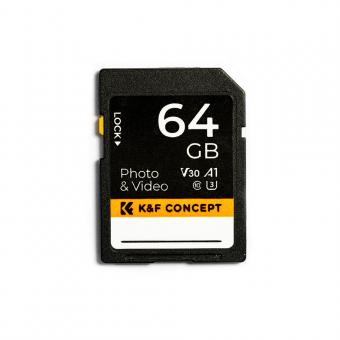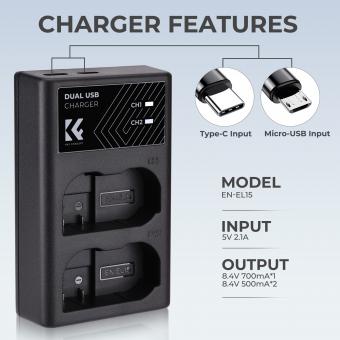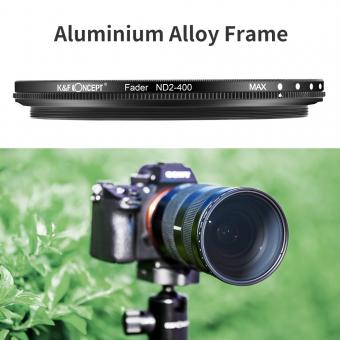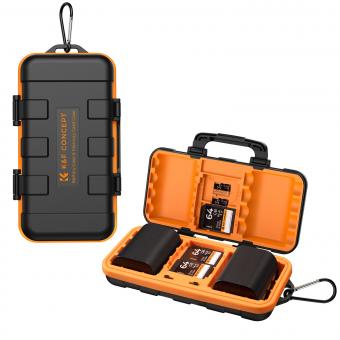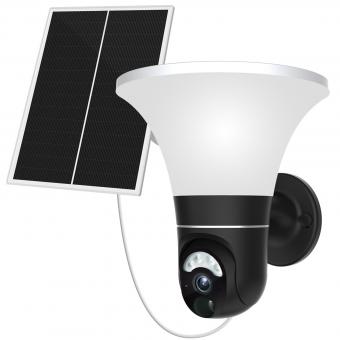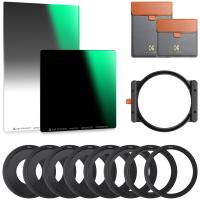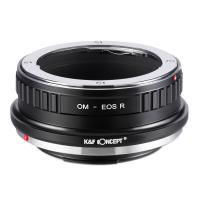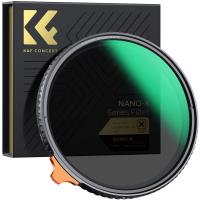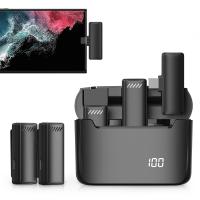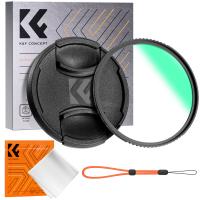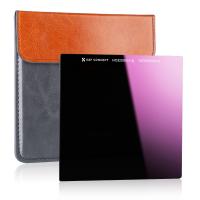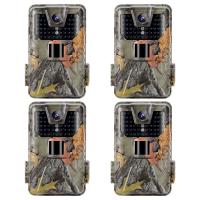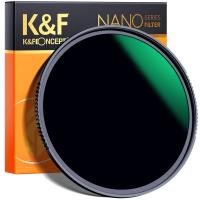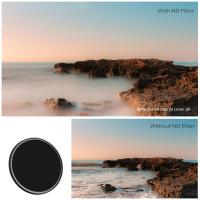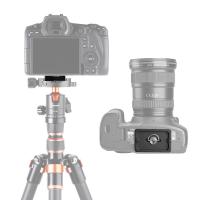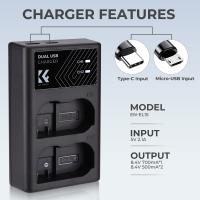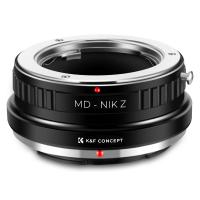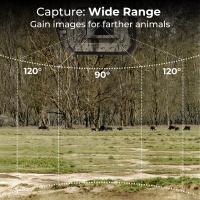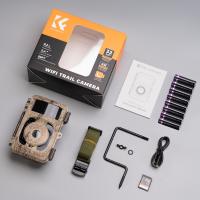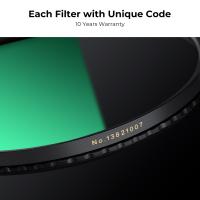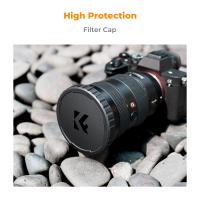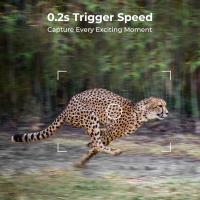How Long Can A Camera Battery Last ?
The duration of a camera battery depends on various factors such as the type of camera, battery capacity, usage patterns, and settings. Generally, camera batteries can last anywhere from a few hours to several days. DSLR cameras with larger batteries tend to have longer battery life compared to compact cameras or mirrorless cameras with smaller batteries. Additionally, factors like continuous shooting, using flash, video recording, and Wi-Fi connectivity can significantly impact battery life. It is advisable to carry spare batteries or use external power sources for extended shooting sessions or when traveling.
1、 Battery capacity and technology advancements in camera batteries.
Battery capacity and technology advancements in camera batteries have significantly improved over the years, allowing photographers to capture more images and record longer videos without worrying about running out of power. The duration a camera battery can last depends on various factors such as the battery capacity, camera settings, usage patterns, and advancements in battery technology.
In general, camera batteries can last anywhere from a few hours to several days, depending on the specific camera model and usage. Entry-level cameras typically have smaller batteries and may last for a few hours of continuous shooting. On the other hand, professional-grade cameras often come with larger batteries that can last for a full day or more.
Battery capacity is a crucial factor in determining how long a camera battery can last. Manufacturers have been constantly working on increasing the capacity of camera batteries, allowing photographers to shoot for longer durations. Lithium-ion batteries, which are commonly used in cameras, have higher energy densities compared to older battery technologies, resulting in longer battery life.
Moreover, advancements in battery technology have also contributed to longer battery life. Manufacturers are continuously researching and developing new battery technologies to improve performance and efficiency. For instance, some cameras now feature intelligent power management systems that optimize battery usage, extending the overall battery life.
It is important to note that the duration a camera battery can last also depends on the camera settings and usage patterns. Features such as image stabilization, continuous autofocus, and using the camera's LCD screen extensively can drain the battery faster. Additionally, shooting in extreme temperatures can also affect battery performance.
In conclusion, the duration a camera battery can last depends on various factors, including battery capacity, camera settings, usage patterns, and advancements in battery technology. With the continuous advancements in battery technology, photographers can expect longer battery life, allowing them to capture more moments without worrying about running out of power.
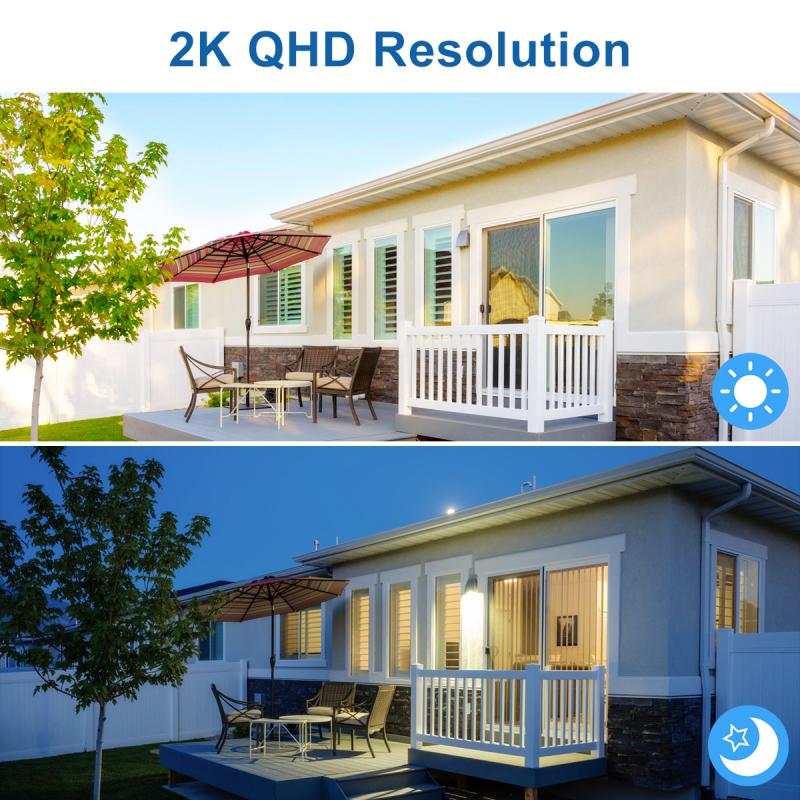
2、 Factors affecting camera battery life, such as usage and settings.
Factors affecting camera battery life, such as usage and settings, play a crucial role in determining how long a camera battery can last. The duration of a camera battery's life can vary significantly depending on various factors.
One of the primary factors that affect battery life is usage. Continuous shooting, video recording, and using features like image stabilization or Wi-Fi connectivity can drain the battery quickly. The more frequently these features are used, the shorter the battery life will be. Additionally, the type of camera also plays a role. DSLR cameras tend to have shorter battery life compared to mirrorless cameras due to their power-hungry mechanisms.
Another significant factor is the camera settings. Higher resolution settings, such as shooting in RAW format or using burst mode, can consume more power. Similarly, using the camera's LCD screen extensively for framing and reviewing images can drain the battery faster. Adjusting the camera's power-saving settings, such as reducing the LCD brightness or setting shorter auto power-off times, can help extend battery life.
The age and condition of the battery itself also impact its longevity. Over time, rechargeable batteries tend to lose their capacity to hold a charge, resulting in shorter battery life. It is advisable to replace the battery periodically to ensure optimal performance.
Advancements in battery technology have led to improvements in camera battery life. Manufacturers are constantly working on developing more efficient batteries that can provide longer-lasting power. However, it is important to note that despite these advancements, heavy usage and power-hungry settings will still have a significant impact on battery life.
In conclusion, the duration of a camera battery's life depends on various factors such as usage, settings, and the type of camera. While advancements in battery technology have improved battery life, it is essential to manage usage and optimize settings to maximize the battery's longevity.
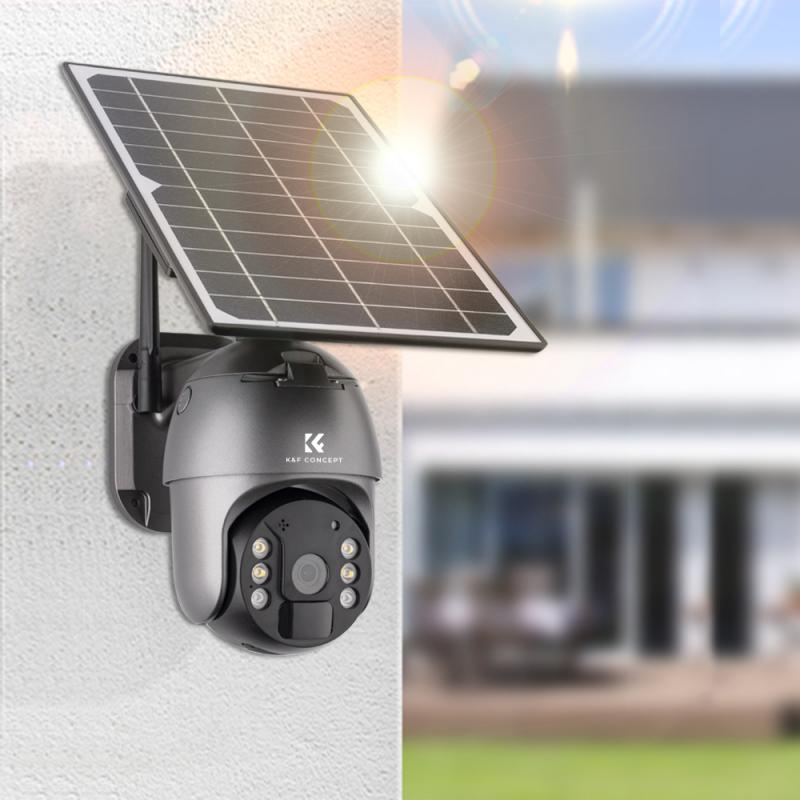
3、 Tips for maximizing camera battery life during use.
How long can a camera battery last? The duration of a camera battery depends on various factors such as the type of camera, battery capacity, shooting conditions, and usage patterns. Generally, camera batteries can last anywhere from a few hours to several days.
For DSLR cameras, the battery life can range from 300 to 1,000 shots per charge, depending on the model and shooting settings. Mirrorless cameras tend to have shorter battery life due to their electronic viewfinders and continuous autofocus systems. However, advancements in battery technology have led to improvements in battery life for mirrorless cameras.
To maximize camera battery life during use, here are some tips:
1. Use a fully charged battery: Ensure your battery is fully charged before heading out to shoot. Carry spare batteries if necessary.
2. Lower the LCD screen brightness: The LCD screen is a major power drain. Reduce the brightness or use the viewfinder instead to conserve battery.
3. Turn off image stabilization: If your camera has image stabilization, consider turning it off when shooting on a tripod or in stable conditions to save power.
4. Limit use of flash: Flash photography consumes a significant amount of battery power. Use it only when necessary.
5. Minimize use of live view: Using the live view mode on your camera drains the battery quickly. Use it sparingly or switch to the viewfinder.
6. Avoid excessive zooming and autofocus: Constantly zooming in and out or using autofocus extensively can drain the battery faster. Use manual focus and zoom when possible.
7. Keep the camera warm: Cold temperatures can reduce battery performance. Keep your camera warm in cold weather to maintain battery life.
8. Turn off Wi-Fi and other unnecessary features: If your camera has Wi-Fi or other connectivity options, disable them when not in use to conserve battery.
9. Use a power-saving mode: Many cameras have power-saving modes that automatically turn off the LCD screen or put the camera into sleep mode after a period of inactivity. Enable these modes to extend battery life.
10. Carry spare batteries: If you anticipate long shooting sessions or are traveling, it's always a good idea to carry spare batteries to avoid running out of power.
It's important to note that battery life can vary based on individual usage and shooting conditions. Therefore, it's advisable to test and understand your camera's battery performance to plan accordingly.
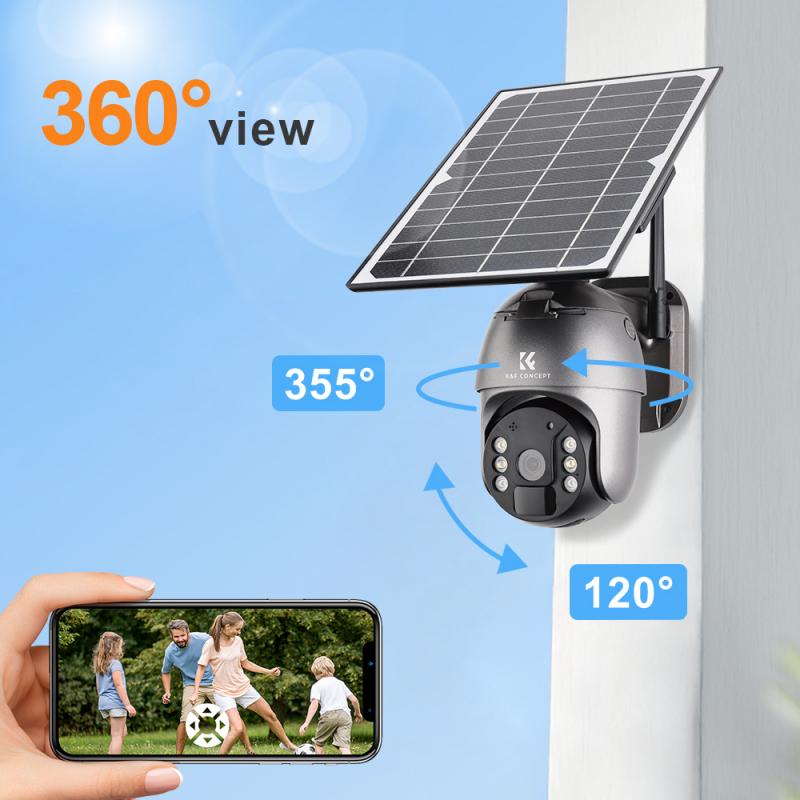
4、 Different types of camera batteries and their pros and cons.
Different types of camera batteries and their pros and cons.
When it comes to camera batteries, there are several different types available on the market. The longevity of a camera battery depends on various factors such as the type of battery, the camera model, and the usage. Here, we will discuss the most common types of camera batteries and their pros and cons.
1. Lithium-Ion (Li-Ion) Batteries: Li-Ion batteries are widely used in modern cameras due to their high energy density and long lifespan. They can last anywhere from a few hours to several days, depending on the camera's power consumption and shooting conditions. Li-Ion batteries are lightweight, have no memory effect, and can be recharged multiple times. However, they can be expensive to replace and may lose capacity over time.
2. Nickel-Metal Hydride (NiMH) Batteries: NiMH batteries are another popular choice for cameras. They have a decent energy density and can last longer than Li-Ion batteries in some cases. NiMH batteries are rechargeable and more affordable than Li-Ion batteries. However, they have a higher self-discharge rate, meaning they lose charge even when not in use. This can be a disadvantage if you don't use your camera frequently.
3. Alkaline Batteries: Alkaline batteries are the most common disposable batteries available. They are inexpensive and widely available. However, they have a relatively low energy density and may not last very long, especially in power-hungry cameras. Alkaline batteries are not rechargeable and can be harmful to the environment if not disposed of properly.
4. Zinc-Carbon Batteries: Zinc-carbon batteries are similar to alkaline batteries but have a lower energy density and shorter lifespan. They are the least expensive option but are not recommended for cameras as they may not provide sufficient power.
In recent years, there have been advancements in battery technology, such as the introduction of lithium-polymer (Li-Po) batteries. Li-Po batteries offer even higher energy density and longer lifespan than Li-Ion batteries. However, they are not yet widely used in cameras.
In conclusion, the longevity of a camera battery depends on the type of battery and various other factors. Li-Ion batteries are the most common and offer a good balance between performance and lifespan. However, it is always recommended to carry spare batteries or a charger to ensure uninterrupted shooting.




